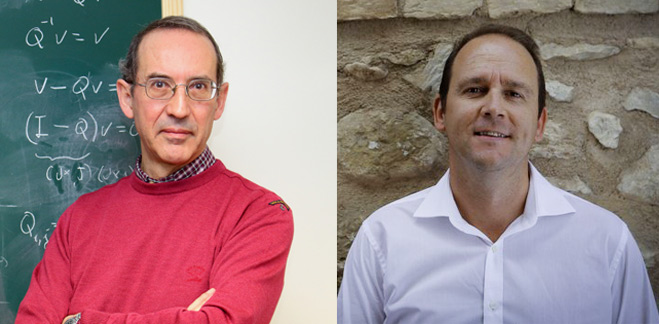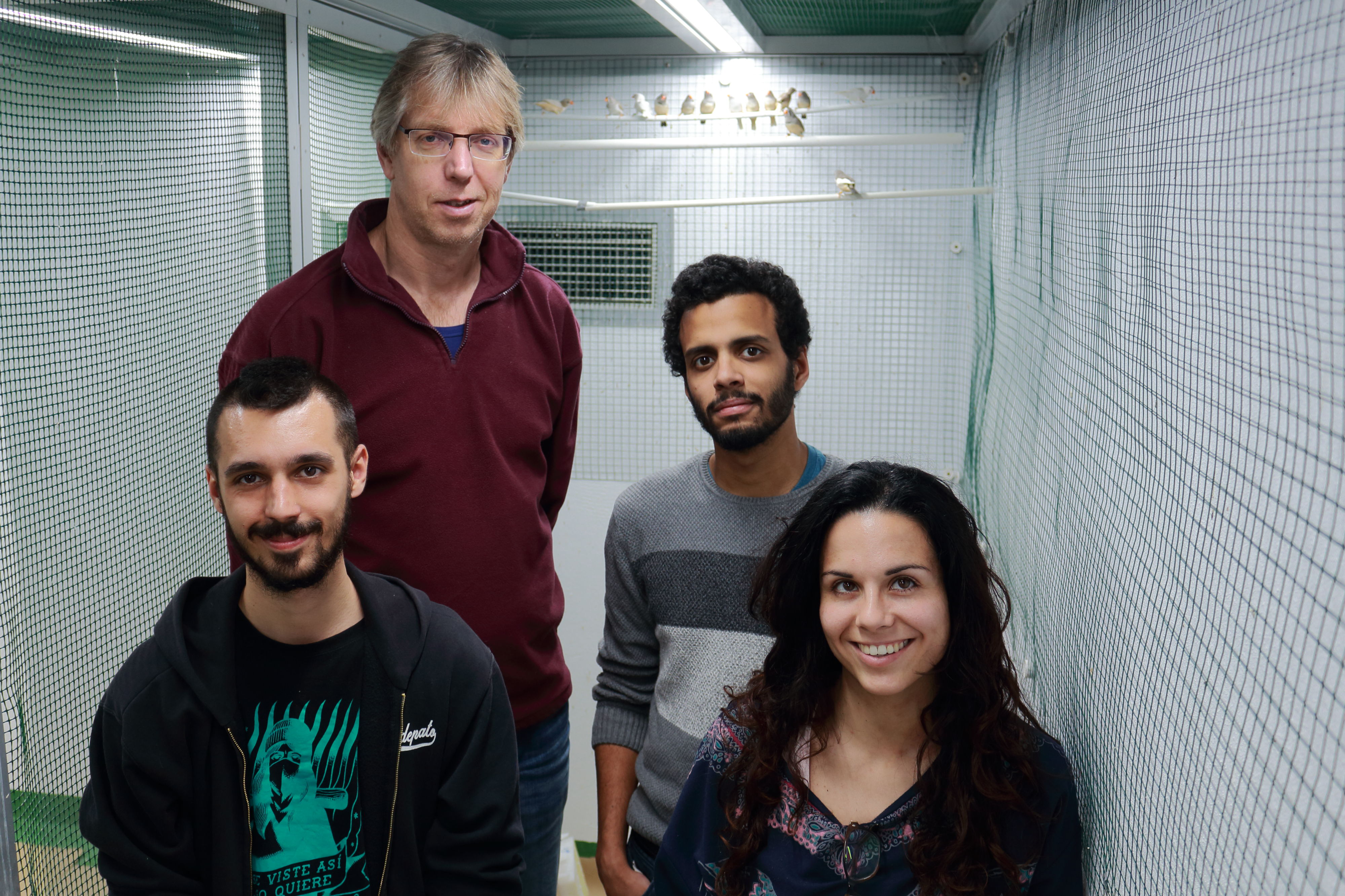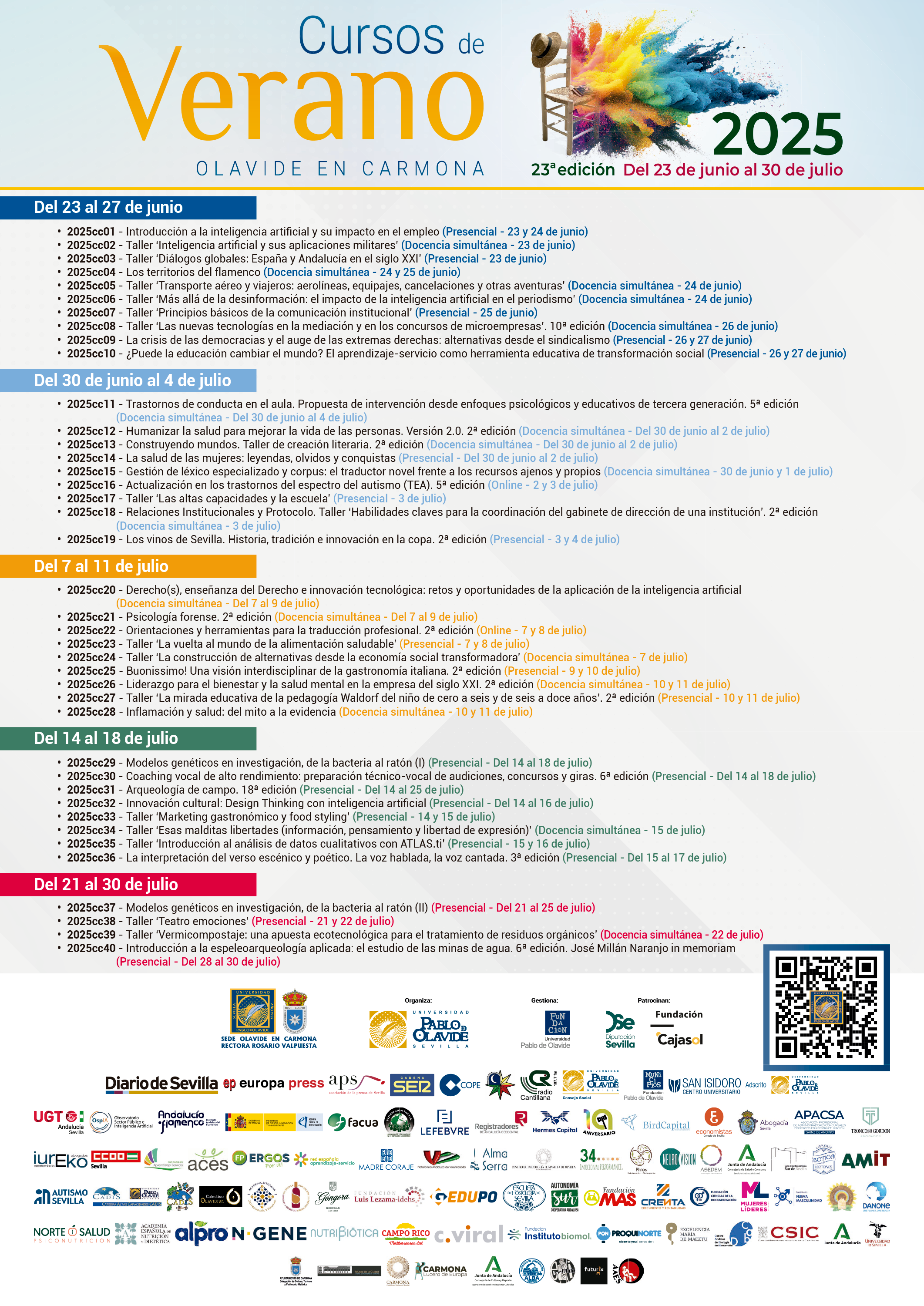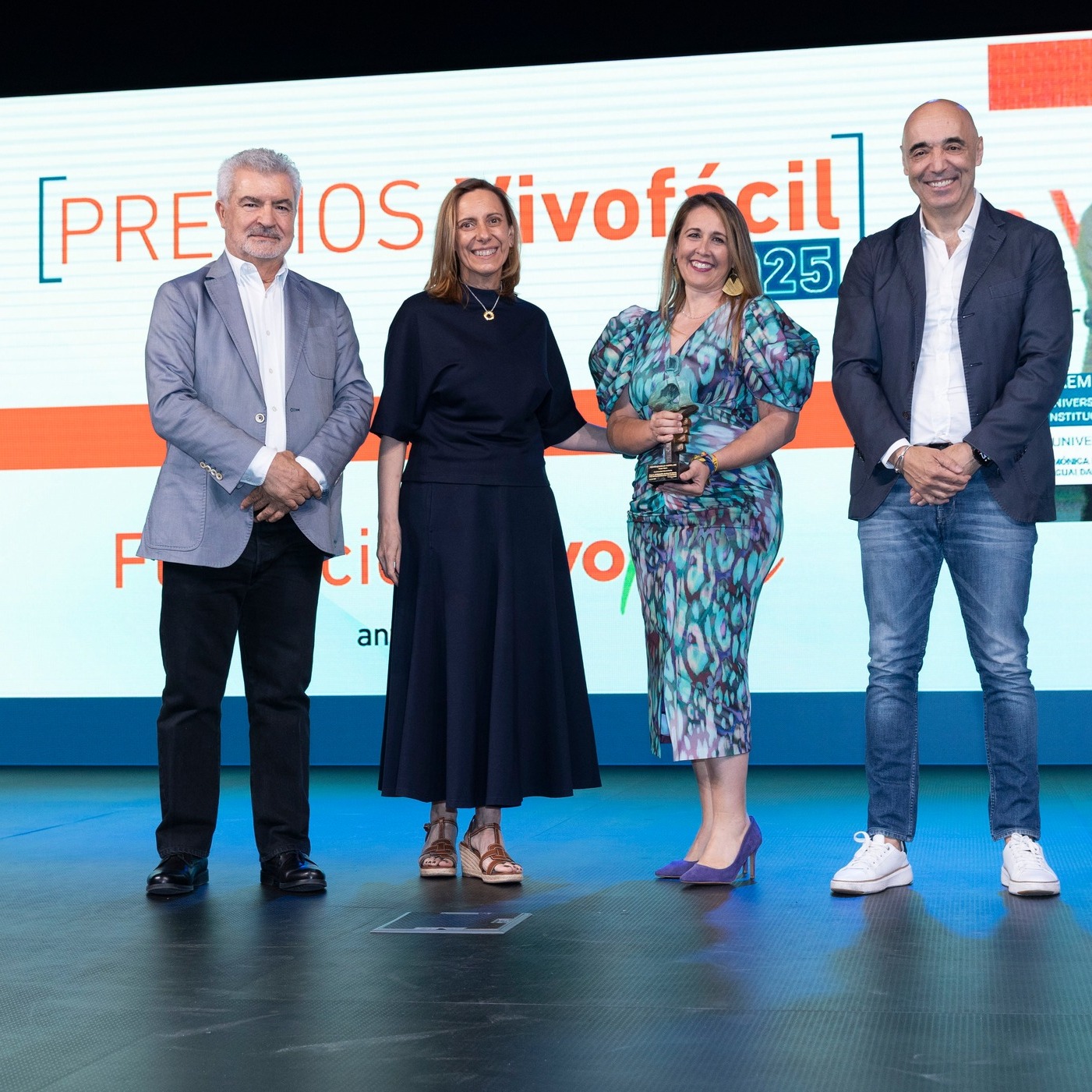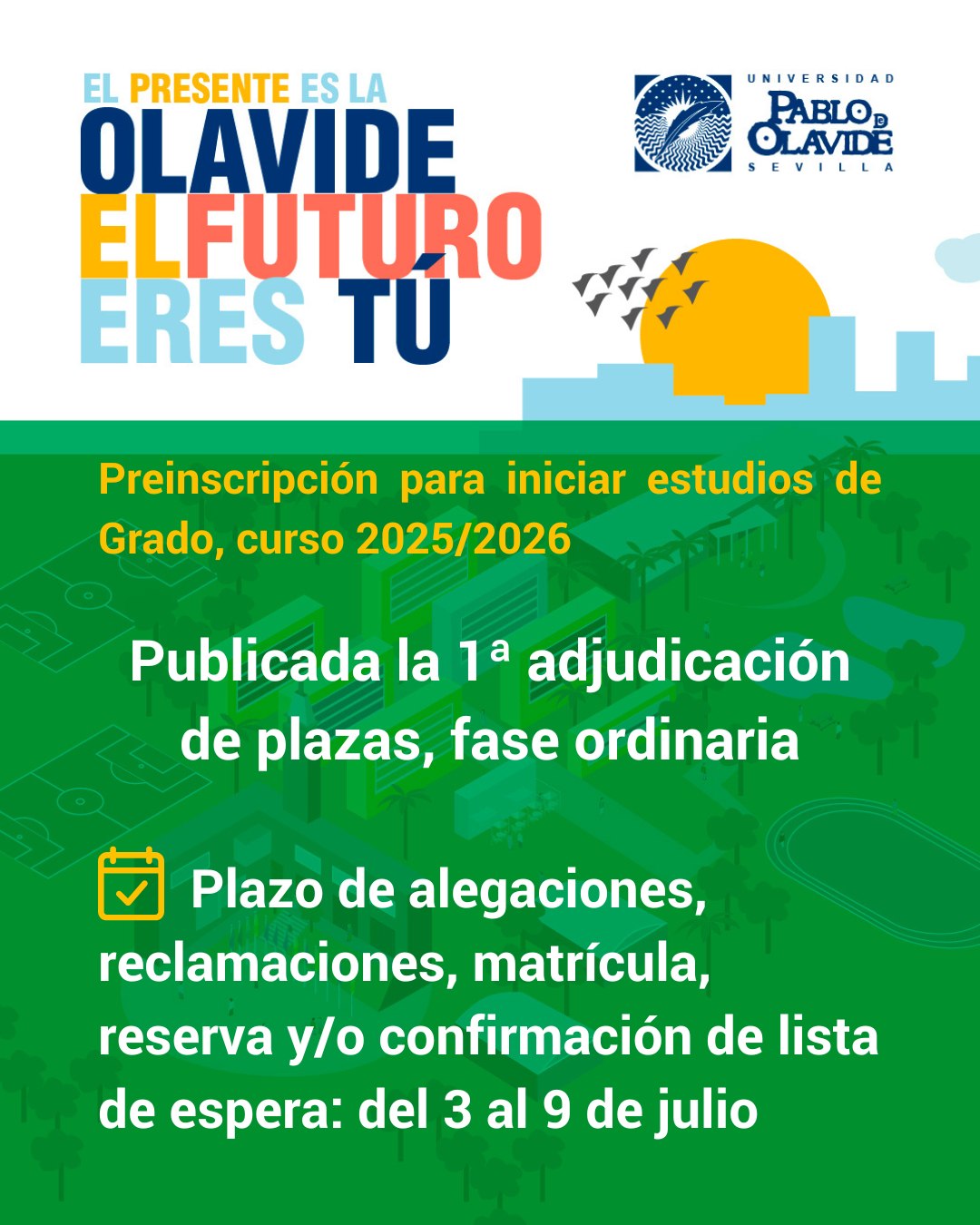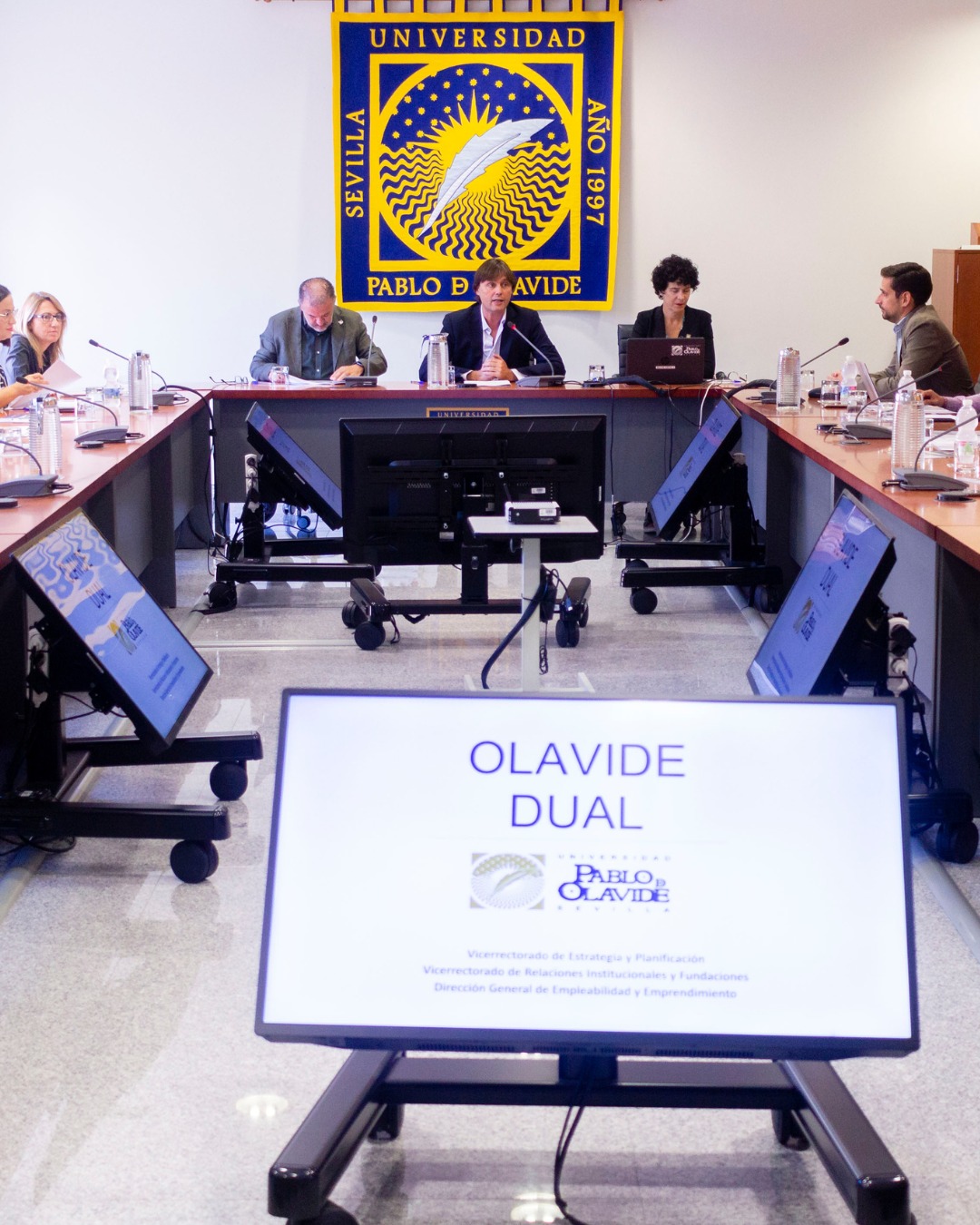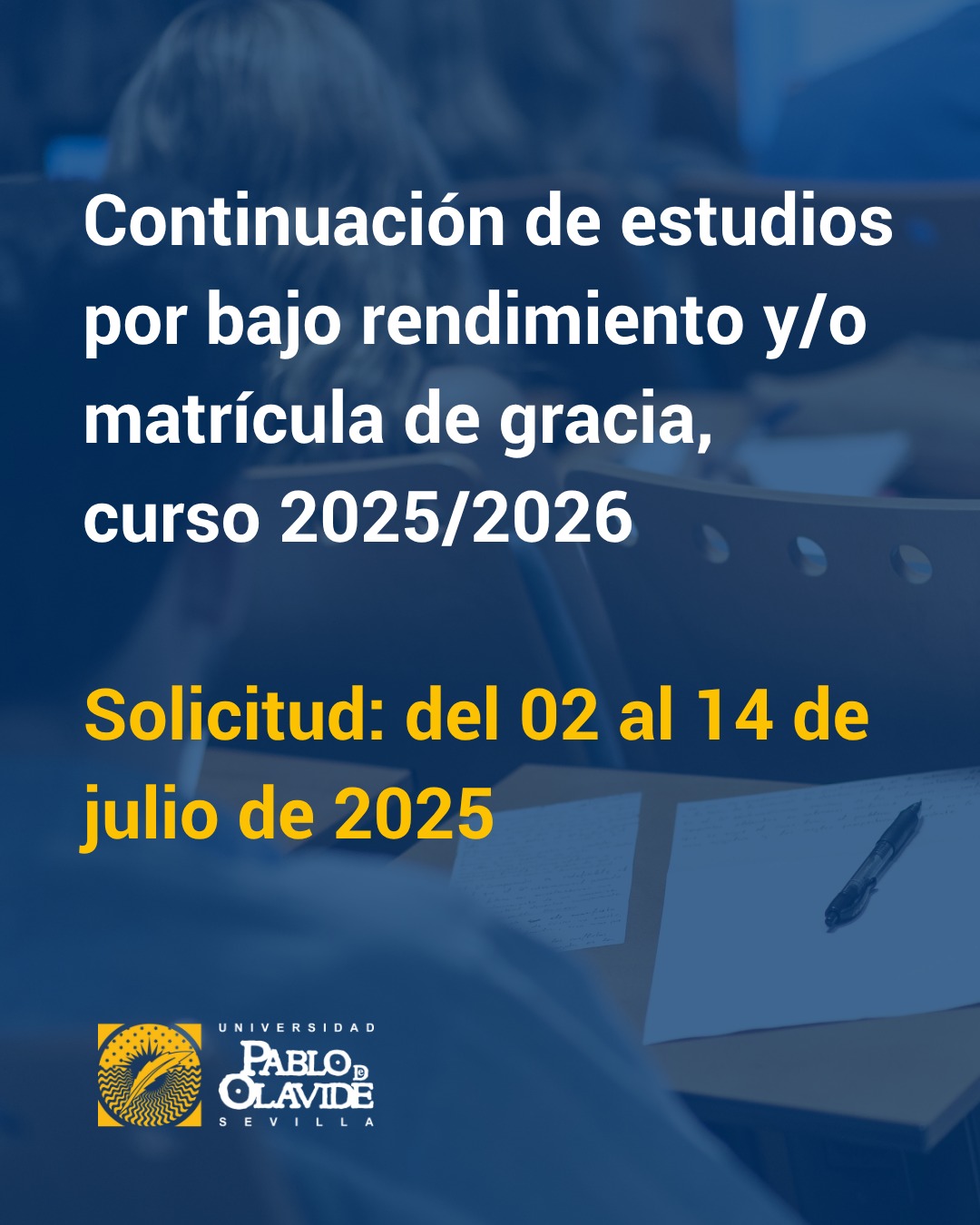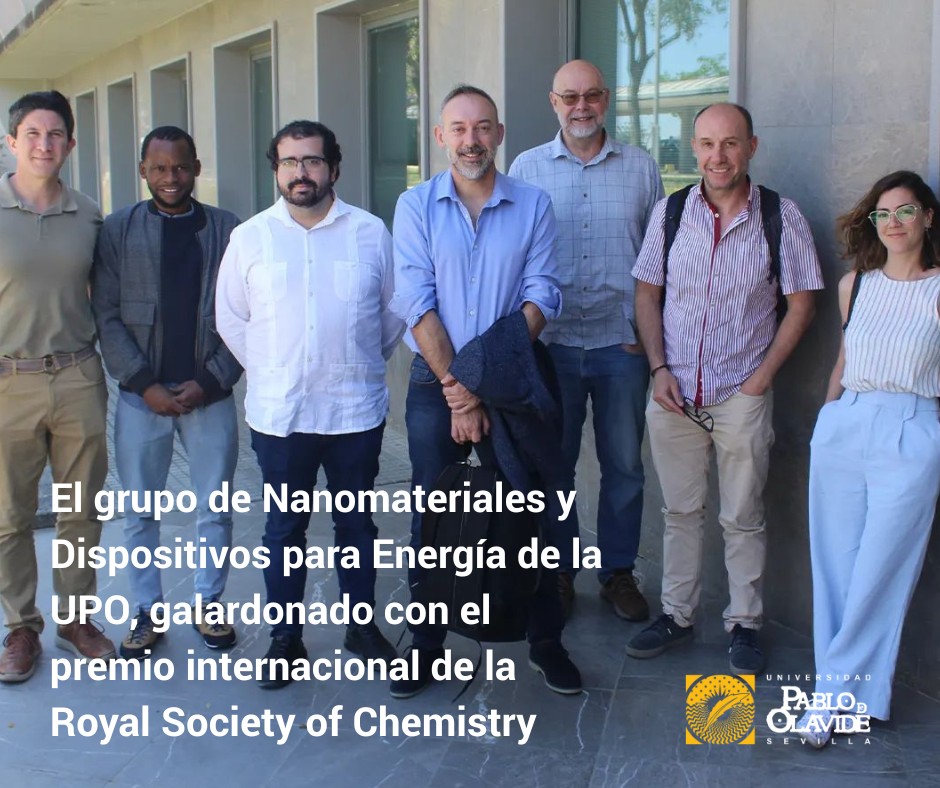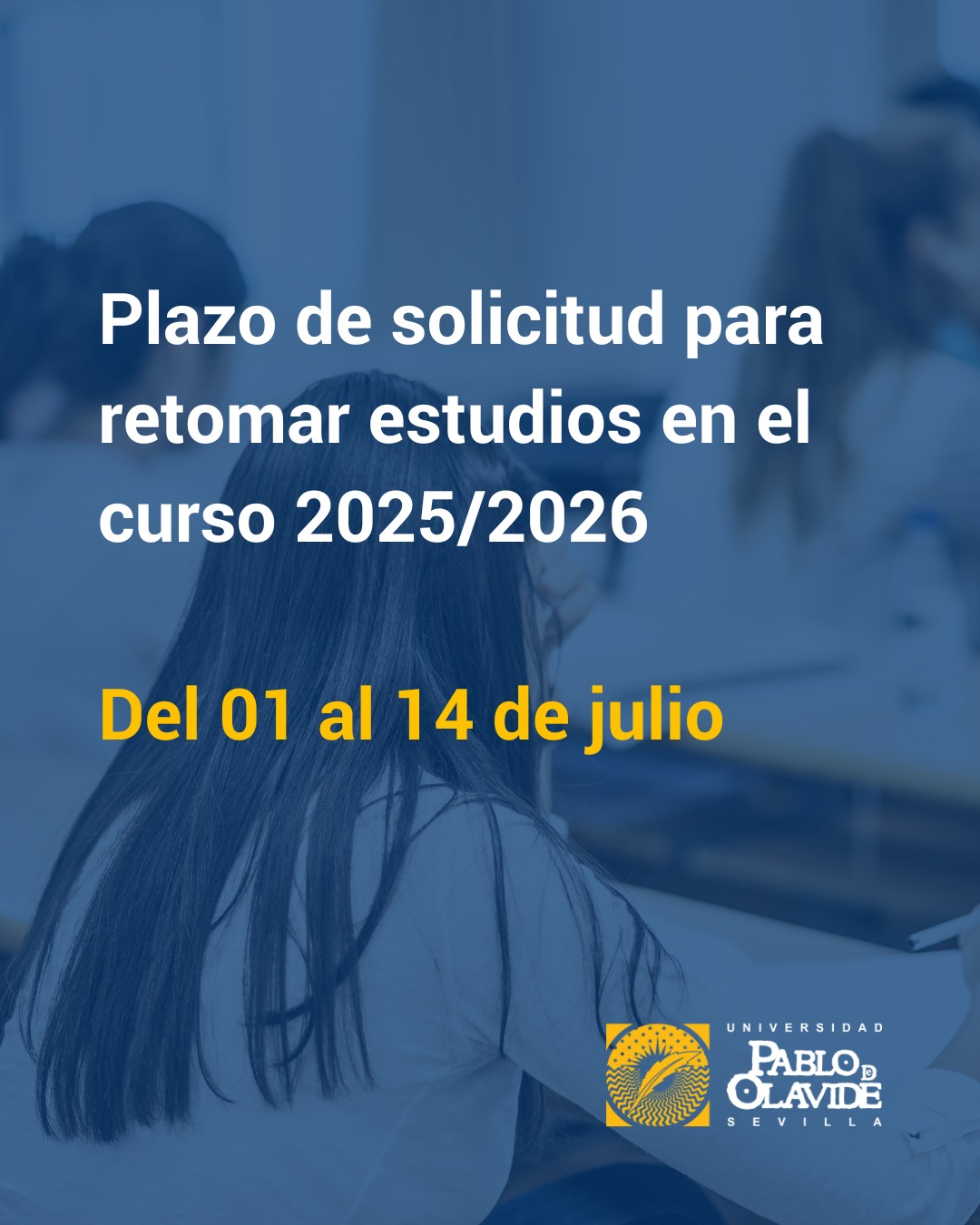University Pablo de Olavide lecturers José Ignacio García Pérez and Antonio Villar have carried out a study about new indicators in order to measure the situation of the labour market in Spain. For these researchers the changes experimented by the labour market, that have been produced by diverse reasons such as the economic crisis, globalization or the transformation of the[Leer más…]
English
Universidad Pablo de Olavide – News in English
How can living beings improve their success?
Researchers Pim Edelaar at Pablo de Olavide University (Seville, Spain) and Daniel Bolnick at the University of Connecticut (USA) have developed a classification of the different ways that living beings can improve their success in relation to their environment. This theoretical framework is a conceptual tool that helps to understand and contemplate the total range of options that an organism has to relate to its environment, recognizing all the processes that may be relevant in the real world (such as in the fields of Biology, Medicine, Sociology and Economics). «Many times some processes are overlooked, but all are necessary to better understand what is happening or think of what could be done,» explains Pim Edelaar. The results have been published in Trends in Ecology and Evolution, the most important journal in the areas of Ecology and Evolution.
The ENACH Association is financing a pioneering research line at the UPO to develop personalised therapies
The rector of the Pablo de Olavide University, Vicente Guzmán Fluja, and the president of the ENACH Association (Association of Neurodegenerative Diseases with Brain Iron Accumulation), Antonio López Galán, signed a collaboration agreement this morning to contribute to the development of new alternative treatments to beta-propeller protein-associated neurodegeneration (BPAN), one of the 11 subtypes of a rare disease called NBIA that mostly affects children during their first decade of life.
CABD researchers discover why cells break down their nuclear envelop during mitosis
The collaboration between the «Cell Division Control » research group led by Professor Juan Jiménez and the «Architecture and nuclear dynamics» group led by Professor Rafael R. Daga, both researchers at the CABD – a mixed research centre participated by the Pablo de Olavide University, CSIC and the Regional Government of Andalusia – has led to the discovery of an adaptive mechanism that explains why cells break down their nuclear envelop each division cycle.
Published the first book by GECEM Project
«Global History and New Polycentric Approaches: Europe, Asia And the Americas in a World Network System» (Palgrave, 2018) first book published by GECEM project «Global Encounters between China and Europe: Trade Networks, Consumption and Cultural Exchanges in Macau and Marseille (1680-1840)» led by professor Manuel Pérez García, first researcher (and so far only) based in China who obtained an ERC (European Research Council)-Starting Grant. He is Distinguished Professor at Universidad Pablo de Olavide and tenured associate professor at Shanghai Jiao Tong University (Shanghai, China). The UPO is the European Host Institution of GECEM.
Scientists gets that a mouse activates a touchscreen through a cognitive-related neural pattern
Brain-machine interfaces represent a solution for people with physical difficulties to communicate with their physical and social environment. In this work, ‘A cognition-related neural oscillation pattern, generated in the prelimbic cortex, can control operant learning in rats’, researchers have identified a functional brain pattern in prefrontal cortex, associated to cognitive processes, and have used it to activate a screen in a touch device (an iPad’s touchscreen).
A model of two styles of imperialism explains current institutional quality in former european colonies
Diego Romero-Ávila from Universidad Pablo de Olavide and Daniel Oto-Peralías from St. Andrews University have published in a Springer monograph the study Colonial Theories of Institutional Development: Toward a Model of Styles of Imperialism that develops a model of two styles of imperialism to explain institutional quality in former European colonies.
Movie edition affects spectators’ eyeblink rate
A recent publication on Scientific Reports, from Nature Publishing, concludes that movie edition affects spectators’ eyeblink rate. According to this investigation, MTV editing style inhibits eyeblinks more than Hollywood style and one-shot style.
The frontier of Granada created patterns of inequality in Andalusia that persisted right through to the present day
The results of the research project show that the prevalence of large estates (latifundia) in modern and contemporaneous Andalusia was the consequence, in part, of the Frontier of Granada. The defense needs derived from the existence of the frontier with the Nasrid Kingdom of Granada gave rise to the concentration of land ownership and political power in the hands of the nobility. This fact constituted the starting point for the high economic and political inequality that has characterized a great bulk of the Andalusian territory since then.
New research identifies prebiotic that enhances learning and memory by acting through the gut-brain axis
Researchers at the Universidad Pablo de Olavide in Seville, in collaboration with researchers at the global healthcare company Abbott, are pioneering new discoveries to better understand how gut health and nutrition may impact brain health, from infancy onwards.

